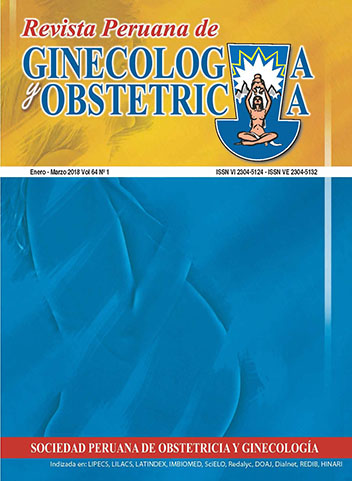Non-pharmacologic strategies to treat menopausal vasomotor symptoms
DOI:
https://doi.org/10.31403/rpgo.v64i2059Abstract
Vasomotor symptoms affect a large number of women in the peri and post menopause with significant impact on quality of life; the duration of these symptoms is uncertain and often prolonged. Although menopausal hormone therapy is the most effective treatment for climacteric symptoms, there are some contraindications for its use. Therefore, it is mandatory to offer other treatment strategies for women with contraindication to hormonal treatment. We have a wide range of non-hormonal options available, both pharmacological and non-pharmacological. Among the latter, we include alternative or natural therapies (isoflavones and cimicifuga racemosa), lifestyle changes, and complementary therapies. Alternative therapies show controversial results regarding effectiveness on climacteric symptoms, and their mechanism of action involves estrogen receptors; they are contraindicated in patients with a personal history of hormone-dependent cancers. Lifestyle modifications have a positive impact on women’s general health, beyond the climacteric symptoms. The only complementary therapies recommended are cognitive behavioral therapy and hypnosis. In each case, the best therapeutic option should be individualized, taking into account the patient’s clinical history, drug interactions and cognitive status, since the ultimate goal is to improve quality of life.Downloads
Download data is not yet available.
Downloads
Published
2018-04-12
How to Cite
Alejandra Belardo, M., Starvaggi, A., María Cavanna, M., & Pilnik, S. (2018). Non-pharmacologic strategies to treat menopausal vasomotor symptoms. The Peruvian Journal of Gynecology and Obstetrics, 64(1), 61–67. https://doi.org/10.31403/rpgo.v64i2059
Issue
Section
Simposio: Manejo terapéutico en el climaterio y menopausia, evidencias actuales
















